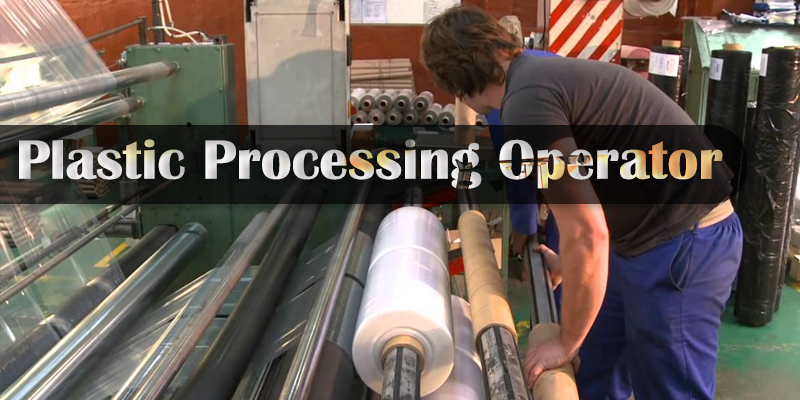iti
4 April 2025

ITI Plastic Processing Operator Syllabus (English) – Concise Version
The Plastic Processing Operator ITI trade is a one-year engineering course under the Craftsman Training Scheme (CTS), governed by the National Council for Vocational Training (NCVT). It trains individuals in operating plastic processing machines, handling materials, and ensuring quality, preparing them for roles like machine operators, technicians, or supervisors in plastic manufacturing industries, or for self-employment.
Course Overview
- Duration: 1 year (2 semesters)
- NSQF Level: Level 4
- Eligibility: 10th grade pass with Mathematics and Science
- Objective: Equip trainees with skills in plastic processing techniques, machine operation, quality control, and safety for industrial applications.
Syllabus Breakdown (English)
- Semester 1
- Trade Theory:
- Introduction to Plastics: History, types (thermoplastics, thermosets), properties, applications.
- Plastic Processing Basics: Injection molding, extrusion, blow molding principles.
- Materials: Polymers, additives, recycling basics.
- Machines: Components of molding machines, extruders, basic maintenance.
- Safety: Workplace hazards, PPE, fire safety, machine guarding.
- Quality Control: Identifying defects, basic testing methods.
- Trade Practical:
- Machine Operation: Setting up injection molding, extrusion machines in labs.
- Material Handling: Weighing, mixing, feeding plastic granules.
- Product Checks: Inspecting molded items for defects (e.g., warping, sink marks).
- Safety Drills: Using PPE, handling emergencies in mock setups.
- Project: Producing a simple molded item (e.g., container) and checking quality.
- Trade Theory:
- Semester 2
- Trade Theory:
- Advanced Techniques: Thermoforming, rotational molding, FRP processing.
- Machine Controls: Microprocessor, PLC applications in molding.
- Maintenance: Preventive maintenance, troubleshooting machine faults.
- Quality Standards: ISO norms, dimensional accuracy, polymer testing.
- Recycling: Waste management, reprocessing plastics.
- Entrepreneurship: Starting a plastic processing unit, cost estimation.
- Trade Practical:
- Advanced Operation: Running thermoforming, blow molding machines.
- Maintenance: Cleaning molds, adjusting machine settings in workshops.
- Testing: Conducting tensile, impact tests on plastic samples.
- Recycling: Operating scrap grinders, reprocessing materials.
- Industrial Exposure: Observing factory operations (2-4 weeks).
- Project: Producing a complex plastic item (e.g., pipe fitting) with defect analysis.
- Trade Theory:
- Other Components:
- Workshop Calculation: Material measurements, mold calculations, production rates.
- Science: Polymer chemistry, heat transfer in molding.
- Engineering Drawing: Reading mold designs, machine layouts.
- Employability Skills: Teamwork, communication, IT literacy.
Assessment and Certification
- Exams: Semester-wise (theory + practical).
- Certification: NCVT National Trade Certificate (NTC).
- Evaluation: Machine operation, product quality, safety adherence.
Career Opportunities
- Jobs: Plastic machine operator, quality inspector, molding technician in industries like packaging, automotive, or polymer manufacturing.
- Self-Employment: Small-scale plastic processing unit, recycling business.
- Further Studies: Diploma in Polymer Technology, advanced certifications.
Trade Type
- 12 views